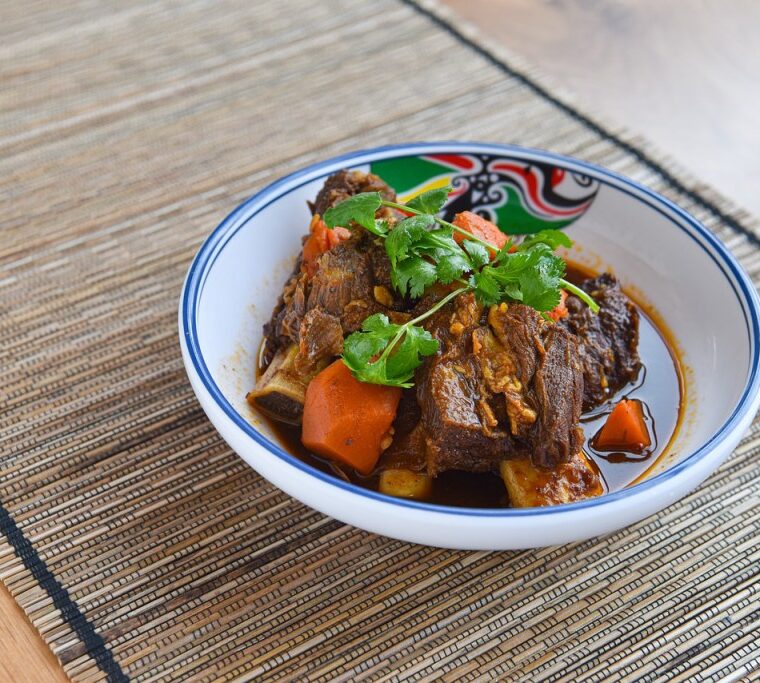
Tradition Postnatal Confinement Food
During pregnancy, the baby is like a parasite and can take all the nutrients that he requires from you. If your diet is sufficient in nutrients for both, it doesn’t cause any problems. If on the other hand, your diet is insufficient for both, then your recovery after the birth will take longer and if you continue to not replenish your body stores during the confinement period, you’ll remain weak for a long time. This is often probably why our elders make such tons of fuss about eating well during the confinement period.
Wherever you’re in the world, everyone will try and tell you what to eat and if possible the way to eat it. The foremost important thing to try to do is follow your own body’s needs. Whatever you eat, do make sure that you have an honest balance of proteins, vitamins, minerals, fats, postnatal confinement food and carbohydrates, and water in every meal.
Just remember the following pointers:
If you’re breast-feeding whatever you eat is going to be transferred to your baby via your breast milk therefore it’s important that you simply eat a diet so that your baby will get the proper nutrients for optimum growth.
If you discover that your baby is suddenly unsettled, try and think of what you ate during the last 12 hours. Avoid that food for a couple of days then try again. If the same happens again, then you should avoid that specific food for a while and re-introduce it into your diet by taking a bite and see how the baby reacts then slowly increase the amount so that baby gets used to the postnatal confinement food.

So what should you eat?
Most Eastern cultures believe that your body is cold after delivery therefore you should avoid cooling or cold food but eat tons of yang or ‘hearty’ food to warm the body up. However, if you’re normally a young person, eating an excessive amount of ‘hearty’ food may cause rashes and fever. in this case, it would be better to reduce the quantity of ‘heaty’ food and eat more neutral food.
Types of food to avoid
‘Cooling food’ for example banana, cabbage, cucumber, coconut, and Chinese cabbage Contribute to the mother’s poor blood circulation and stomach ache within the baby if you’re breastfeeding. Salt as a condiment and postnatal confinement food generally are to be rejected, too, within the belief that use reduces breast milk production
- ‘Acidic food’ for example pineapple, mango, lemon, lime
- Contribute to excessive lochia within the mother and diarrhea within the baby.
- Too much ‘Heat food’ for example chili, pepper, spices, tonics, spirits, and medicines.
- Contribute to diarrhea within the baby and maternal headaches
- ‘Windy food’ for example jackfruit, tapioca, pumpkin, onions.
- Contribute to the baby being colicky and should cause indigestion for mother and baby.
- Poisonous food like prawns, shellfish, crab, eel, ginger
- These foods may cause stomach upsets and vomiting


